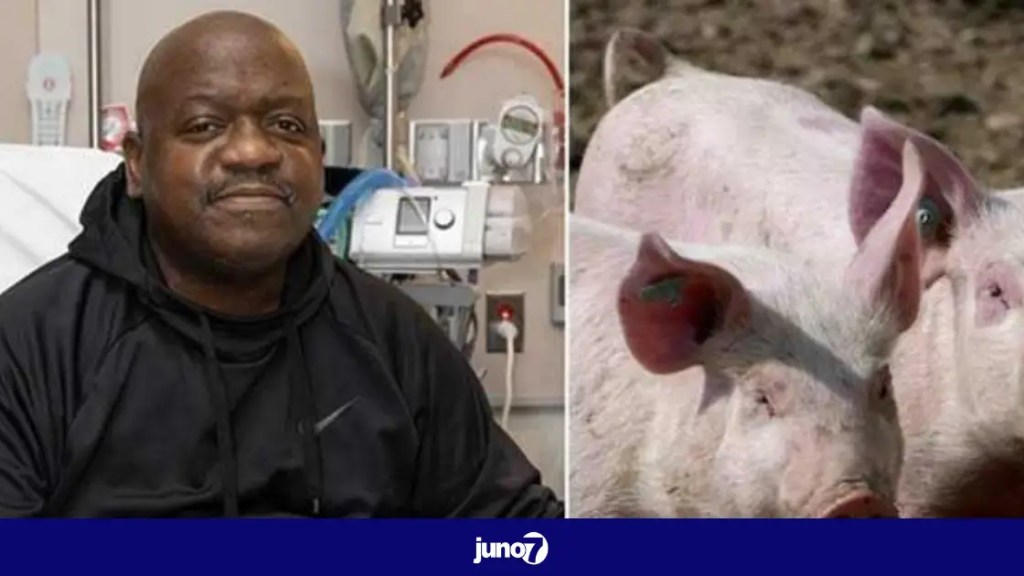Death of the first patient to receive a living pig kidney in the United States, rekindling the hopes and challenges of xenotransplantation.
Richard Slayman, 62, the first living patient to receive a pig kidney in the United States, died almost two months after the operation, several international media reported. This news raises both questions about the limits of xenotransplantation and the hope it raises for patients awaiting organ transplants.
The historic operation, carried out last March in a Boston hospital, Massachusetts, had aroused great hope in the medical community. Doctors had managed to successfully transplant the genetically modified kidney into Slayman, who suffered from chronic kidney failure and had previously undergone an unsuccessful transplant attempt in 2018.
Unfortunately, despite the hopes raised by the operation, Slayman did not survive long enough to fully benefit from the pig organ. His death was announced last Saturday, plunging his family into sadness and the medical community into reflection. “Our family is deeply saddened by the sudden passing of our beloved Rick, but is comforted to know that he inspired so many people,” said his loved ones, according to NBC Boston.
Doctors expressed deep sadness over Slayman’s loss and offered their condolences to his family. They stressed that there was no information indicating that his death was directly related to the transplant. However, Slayman’s death raises questions about the long-term viability of xenotransplantation and the medical challenges it poses.
Xenotransplantation, which involves transplanting organs between different species, offers crucial hope for patients awaiting organ transplants. With more than 100,000 people waiting for organ transplants in the United States, the donor shortage is a pressing problem. The kidney is particularly in demand, with thousands of patients facing years of waiting to receive a compatible organ.
Before Slayman, other patients had received organs from genetically modified pigs, but none had survived long term. Despite scientific advances, significant challenges persist, particularly regarding organ rejection, transmission of animal diseases and long-term compatibility.
Despite this setback, hope remains that xenotransplantation could one day offer a viable solution to the organ shortage. The continued commitment of researchers and physicians to overcoming scientific and ethical obstacles is essential to realizing this hope.
Slayman’s passing is a poignant reminder of the complex issues and ongoing challenges associated with xenotransplantation. As the medical community mourns his loss, they remain committed to continued research and innovation to improve organ transplant outcomes and offer renewed hope to patients in need.
Read also :
The reference rate calculated by the BRH for this Monday, May 13, 2024








